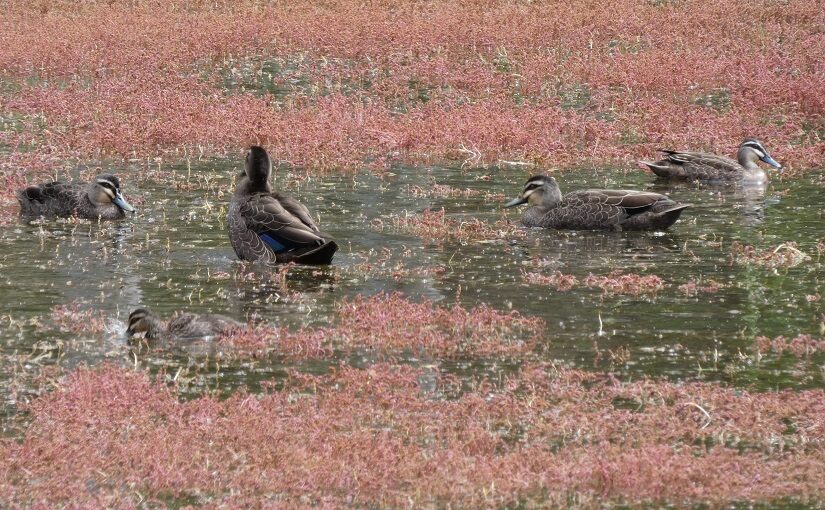How, in life, are we to be sure of knowing all we need to know? Ideally, of course, we would: life would somehow prepare us for all we’d encounter by having furnished us with the concepts we needed to meet all manner of evolving situations. Each person having such a deep feeling for personal and social realities that we’d all know exactly how to respond to the inevitable challenges of life.
Isn’t that, in a way, what’s required? That the ideas we have in mind match up realistically with this world around us – this rapidly shifting set of interlocking scenarios and choices that, together, makes up the realities we all share. That our minds would be filled with healthy, constructive, reliable pieces of information that, together, constitute a helpful grasp of this undeniable complexity.
Don’t we need to understand exactly how it all fits? What things “mean” for individuals, social structures, and everything else our choices play into. How our own, personal realities and needs ripple out to affect others. The elusive and delicate balance that’s needed at each point where competing demands touch upon any given thing: all those places where us and others, past, present and future converge.
How else are we to live in the world, if we don’t understand what we’re doing and why? As if “all this” is simply meaningless, habitual acts that, together, make up what we call “life”: time spent, words spoken, impacts felt, steps taken, potential destroyed. What is it all? This body of humanity charting its courses across limited space and finite resources. How are we to explain our actions?
There must be fundamental concepts behind it – basic ideas of how to live and why it matters. Underlying currents of “what it is to be human” and how well that’s currently weaving its way through the lives we lead. Beneath the churning waters of every aspect of life, isn’t there some kernel of the human being? This unit from which we extrapolated the complications of modern global society.
And, presumably, youth’s the place for getting to grips with that: the developing human mind coming into contact with the riches of our merging civilisations to arrive at a thorough yet realistic sense for “life”. Each person making knowledge their own, working things out for themselves in the relative safety of childhood, in order to comprehend their place in the flow of events.
If we’re not figuring things out “then”, what will that mean for society? If people enter into it with an incomplete understanding, appreciation or mastery of all that’s required. This sense in which education’s helping acclimatise people to reality – bringing information, developing capacities – so as to avoid problems making their way into our futures.
Although, if we’re asking people to understand and take their place within systems that don’t entirely make sense, maybe problems also lie elsewhere? Even still, seeing what the aim was and working to ensure that that’s the future we’re helping create was perhaps always the point.
Notes and References:
Education as an understanding of life
Will things change if we don’t make them?
Passing on what’s important
How fast can it all unravel?
Rich complexity of human being
Nothing short of everything
Connecting truthfully with life

